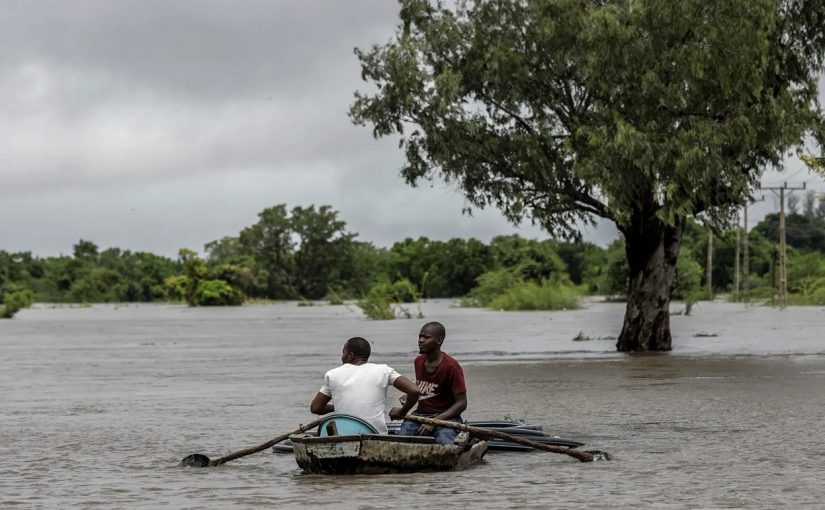Mozambique: Chiúre in panic following terrorist incursion - AIM report
Mozambique: Rainy season death toll rises to 313

FILE - For illustration purposes only [File photo: Lusa]
The number of people who have died since the start of the rainy season in Mozambique has risen to 313, a period during which three cyclones affected almost 1.9 million people, according to a new update from the government.
“Up to 21 April, the cumulative total of the rainy and cyclonic season had the following impacts: 313 deaths and 1,255 people injured,” Council of Ministers spokesman Salim Valá said in Maputo.
According to new data released by the government, the number of people affected by the current rainy season has risen to 1,855,261, corresponding to 407,375 families, with the number of homes completely destroyed rising to 218.367 and 197,494 partially destroyed.
Mozambique is at the end of the rainy season, which runs from October to April, a period in which, in addition to Jude, Cyclones Chido, on 14 December, and Dikeledi, on 13 January, also hit, leaving a trail of deaths and destruction.
Cyclone Jude, the most recent to affect the country, entered Mozambique through the district of Mossuril, causing at least 43 deaths, 41 of them in Nampula, and also affecting Tete, Manica and Zambézia, in the centre of the country, and Niassa and Cabo Delgado in the north.
On March 27, the United Nations promised to advocate with the Mozambican government for the inclusion of funding for geospatial technologies through the state budget, these being important in reducing the impacts of natural disasters.
“We can advocate for the member states of the United Nations to invest in these geospatial technologies (…). We must continue to raise this issue at the political level so that the [Mozambican] government commits to funding through the State Budget,” United Nations resident coordinator in Mozambique, Catherine Sozi, said at the time.
Mozambique is considered one of the territories most severely affected by global climate change, facing cyclical floods and tropical cyclones during the rainy season as well as prolonged periods of drought.












Leave a Reply
Be the First to Comment!
You must be logged in to post a comment.
You must be logged in to post a comment.